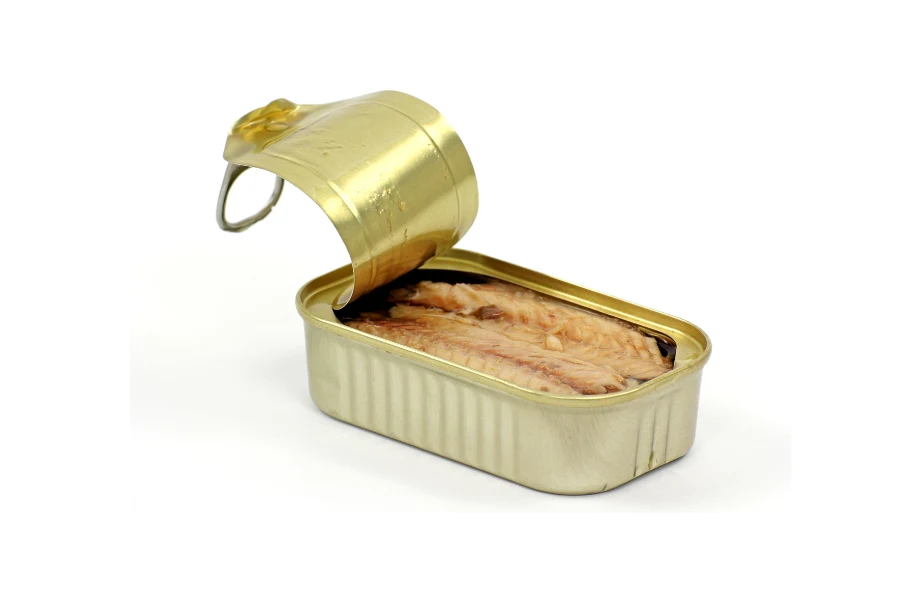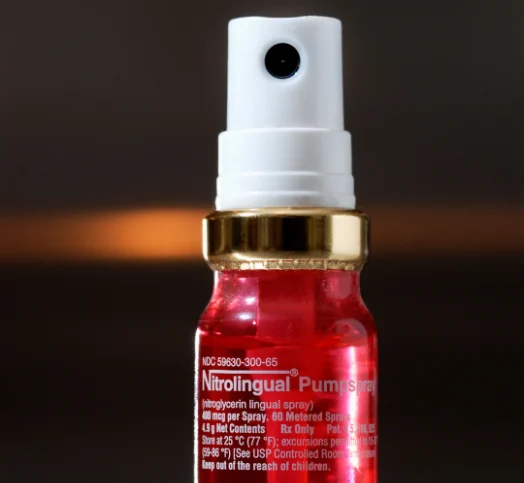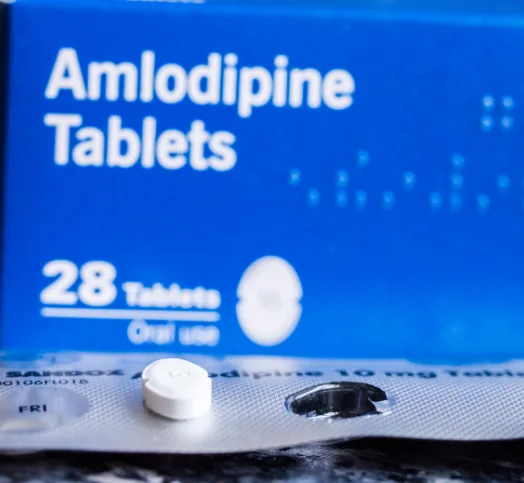As a cardiologist, I frequently encounter inquiries from my patients regarding the potential benefits of integrating fish oil supplements into their routines to promote general heart health and potentially mitigate cholesterol levels. The market presents a wide array of supplement brands and options, and while no significant adverse effects have surfaced with their usage (barring the occasional aftertaste), it’s crucial to acknowledge that the available evidence concerning their effectiveness retains a certain degree of inconclusiveness.
Fish, krill, and cod liver oil are all excellent sources of omega-3 fatty acids, which have been associated with potential heart health benefits. It is worth noting, however, that there is a relative discrepancy in the findings of various trials that have examined the effects of these supplements on heart health. While some studies have shown potential benefits, others have found no significant difference compared with a placebo. This variation in results highlights the need for a cautious interpretation of the available evidence and emphasizes the importance of further research in this area. By acknowledging these discrepancies, we can approach the topic of such supplements with a balanced and critical perspective.
Overview of the Benefits of Fish, Krill, and Cod Liver Oil for Heart Health
Prioritizing heart health is a significant concern for many individuals, and ensuring proper nutrient intake is among the best approaches to maintaining a healthy heart. Our diet plays a crucial role in supplying these essential nutrients, making it essential to adopt a diverse and well-balanced eating pattern. Incorporating elements of the Mediterranean diet, which emphasizes regular consumption of seafood, is particularly noteworthy. This dietary approach can contribute to a rich source of minerals and vitamins that support cardiovascular well-being. By embracing a varied and balanced diet, including elements of the Mediterranean diet, we can enhance our chances of achieving optimal nutrient intake for a healthier heart.
Fish – It’s more than just a good source of omega-3
Fish is an excellent dietary source of omega-3 fatty acids, offering versatility in preparation methods. It contains two important types of omega-3 fatty acids: eicosapentaenoic acid (EPA) and docosahexaenoic acid (DHA). While there is promising evidence suggesting their potential benefits, such as reducing inflammation and improving blood pressure, further rigorous studies are required to establish their precise impact on reducing the risk of heart disease.
As a Cardiologist, I advocate incorporating fish into the diet at least twice a week. Not only is fish an excellent source of omega-3 fatty acids, which are beneficial for heart health (and better than saturated and trans fats), but it also provides a high-quality protein source. Protein is essential for maintaining muscle health and overall well-being, and it can contribute to a sense of satiety, helping to regulate appetite. Whether enjoyed fresh or in convenient canned forms, these fish options can be easily incorporated into meals to support overall well-being. My go-to quick lunch 3-5 times a week is a tin of tuna slices with a serve of high-fiber crackers, a quick protein-packed lunch for under 300 calories!

How are Fish Capsules Produced
Fish oil capsules are typically produced through a process called molecular distillation. First, the fish, usually oily fish like anchovies, sardines, or mackerel, are harvested and brought to the processing facility. The fish are then cleaned, removing any impurities and contaminants. The fish are then cooked to extract the oil from their flesh. The oil is then purified through a series of steps, including filtration and molecular distillation, to remove any toxins, heavy metals, and impurities. This ensures that the fish oil is of high quality and safe for consumption. The purified fish oil is then encapsulated in soft gel capsules, often with added antioxidants to prevent oxidation and maintain freshness. Finally, the capsules are packaged and ready for distribution.

Krill Oil
Krill oil is a supplement derived from tiny shrimp-like crustaceans called krill, which are found in the ocean. It is known for its high content of omega-3 fatty acids, specifically EPA (eicosapentaenoic acid) and DHA (docosahexaenoic acid), as well as other beneficial nutrients. These omega-3 fatty acids have been associated with numerous health benefits, including reducing inflammation, supporting heart health, improving brain function, and promoting joint health. Additionally, krill oil is rich in astaxanthin, a powerful antioxidant that helps protect cells from oxidative damage. The combination of omega-3 fatty acids and astaxanthin makes krill oil a popular choice for those seeking to enhance their overall well-being. However, it’s important to note that individual results may vary, and it’s always advisable to consult with a healthcare professional before starting any new supplement regimen.

Research suggests that krill oil, compared to fish oil, may have higher bioavailability due to the omega-3 fatty acids, DHA, and EPA, being present as phospholipids in krill oil. In fish oil, these fatty acids are stored in the form of triglycerides. The specific mechanisms behind this difference in absorption rates require further investigation. Nonetheless, the higher bioavailability of omega-3 fatty acids in krill oil is an area of interest for ongoing research.
Cod Liver Oil
Cod liver oil is a dietary supplement derived from the liver of codfish. It is a rich source of omega-3 fatty acids, including EPA (eicosapentaenoic acid) and DHA (docosahexaenoic acid), which are beneficial for heart health, brain function, and reducing inflammation in the body. In addition to omega-3 fatty acids, cod liver oil is also high in vitamins A and D. Vitamin A is important for vision, immune function, and cellular growth, while vitamin D is essential for bone health, immune system regulation, and overall well-being. The combination of omega-3 fatty acids and these vitamins makes cod liver oil a valuable supplement for supporting various aspects of health. However, it’s worth noting that cod liver oil is also high in vitamin A, so it’s important to follow recommended dosage guidelines and consult with a healthcare professional before incorporating it into your routine, especially if you have existing health conditions or are taking other medications.

Examining the Effects of Fish, Krill, and Cod Liver Oil on Cholesterol Levels
The role of fish oil supplements in reducing the risk of cardiovascular disease remains uncertain. While some data has indicated a potential improvement in high-density lipoprotein (HDL – good) cholesterol levels, there have also been observations of increased low-density lipoprotein (LDL – bad) cholesterol levels. However, there is strong evidence supporting their effectiveness in reducing triglyceride levels. It is important to note that conflicting studies have been conducted, with many testing relatively low doses, such as 1 gram per day. Further research is needed to provide a definitive answer on the impact of fish oil supplements on cardiovascular health.
Icosapent Ethyl (Vascepa) – Prescription-only
Vascepa is a prescription medication that contains a highly purified form of eicosapentaenoic acid (EPA), a type of omega-3 fatty acid. It has been specifically developed to support heart health. Clinical studies have shown that Vascepa can significantly reduce the risk of cardiovascular events, such as heart attacks and strokes, in individuals with elevated triglyceride levels when used in combination with statin medicines. It has also demonstrated the ability to lower triglyceride levels and may have additional benefits in reducing inflammation and improving other cardiovascular risk factors. Vascepa is typically used as an adjunct to other therapies, such as statins, in individuals who require additional triglyceride management. As with any medication, it is important to consult with a healthcare professional to determine if Vascepa is appropriate for your specific situation, especially as this may have interactions with certain other medicines, including blood thinners, and has shown some increase in the risk of atrial fibrillation, a cardiac rhythm disorder.

Assessing the Impact of Fish Oil on Blood Pressure
Several scientific studies have consistently demonstrated modest reductions in blood pressure among individuals who incorporate fish oil supplements into their regimens. Interestingly, emerging evidence suggests that the favorable effects of fish oil supplementation may be more pronounced in individuals with moderate to severe high blood pressure compared to those with mild elevations in blood pressure. These findings highlight the potential differential impact of fish oil on various blood pressure categories, warranting further investigation to elucidate the underlying mechanisms and optimize therapeutic approaches.

Conclusion
As a Cardiologist, I recommend prioritizing omega-3 fatty acid consumption through dietary sources over supplements. Natural food options like fish offer a well-rounded nutritional profile and cost-effectiveness. While fish oil supplements have shown benefits in reducing triglyceride levels and managing blood pressure, their overall impact on cardiovascular risk, including heart attack and stroke prevention, is still being evaluated. By focusing on dietary changes, you can optimize omega-3 intake while minimizing potential drawbacks like the fishy aftertaste and gastrointestinal symptoms. It’s important to note that the quality of fish oil supplements can vary, so it’s recommended to choose reputable brands and consult with a healthcare professional before adding any new supplements to your routine.











